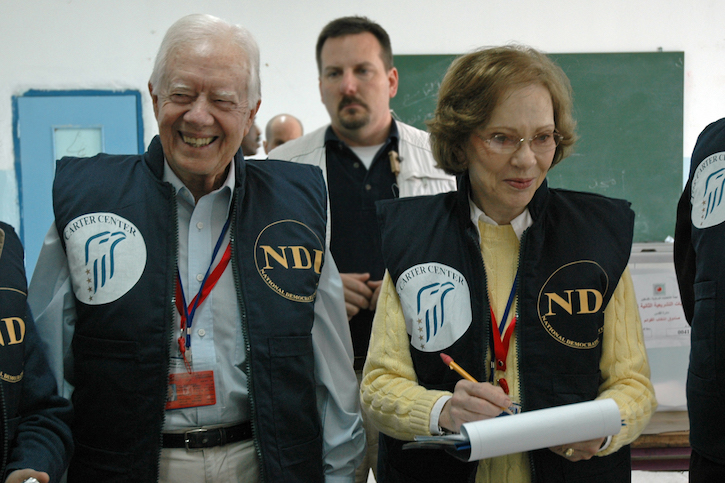
Former U.S. President Jimmy Carter and former First Lady Rosalynn Carter observe the 2006 Palestinian parliamentary elections as part of an 80-member delegation, organized by The Carter Center and the National Democratic Institute. (Photo credit: The Carter Center)
For nearly forty years, the School for Conflict Analysis and Resolution (S-CAR) has been a leading institution in the field of peace and conflict studies. From its launch in 1981 as a center through its evolution into an institute and then a school, S-CAR has maintained a deep commitment to training conflict resolvers from all walks of life to imagine a more peaceful and just world.
Among the school’s community of peacemakers are more than 500 students, more than 2,000 alumni, and a wide variety of advisors, supporters, and friends across the world who are dedicated to doing their part—big and small, working at the local, national, and global levels—in the pursuit of peace.
On July 1, 2020, in recognition of the school’s leading role in furthering the study of peace and the practice of conflict resolution, the school will take the next step in its evolution by becoming the Jimmy and Rosalynn Carter School for Peace and Conflict Resolution.
In advance of the name’s official launch, S-CAR News is highlighting the voices of our students, faculty, alumni, and advisory board as they reflect on what the legacy of the Carters means for our school.
This article is the first in a series that will be published throughout April 2020.
Check our news page at the end of each week for the latest article.
(The below quotes have been edited for clarity.)
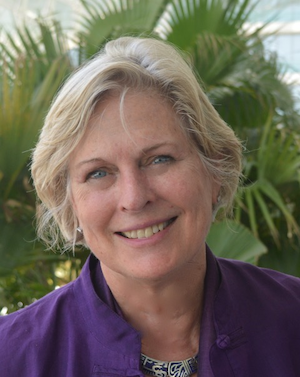
Mary Jo Larson (PhD ‘01)
Member of the Advisory Board;
Senior Advisor for ESG/Sustainability, International Finance Corporation;
Peace Corps Volunteer (1972–74), Peace Corps Staff (1992–97)
Jimmy and Rosalynn Carter are internationally recognized and respected for their principled leadership, strategic coalition building, and pragmatic ‘peace engineering’ initiatives. With this name change, our school values the Carter legacy and strengthens its commitment to results-oriented scholarship and inclusive practice in addressing basic human needs, conflict prevention, and the peaceful resolution of conflict.
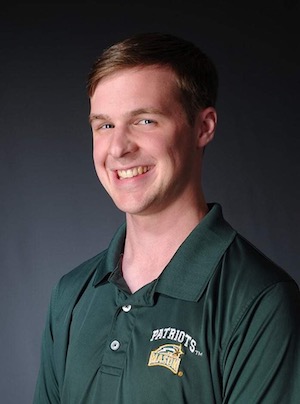
William Jennette (BA ’18, current MS student)
Becoming the Carter school represents a recognition to ourselves and to the outside community of what the school is really about—through understanding and researching conflict both here and abroad, the ultimate hope and ambition of our scholarship is to contribute to peace and conflict resolution. I can’t imagine a better name or legacy to fall under than Jimmy and Rosalynn Carter.
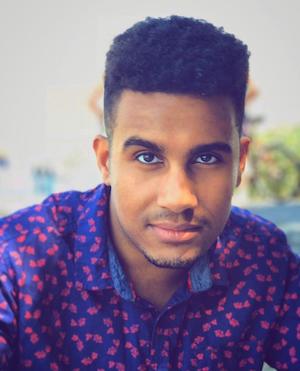
Kirubel Fessessework (BA ’18, MS ’19*)
I think that S-CAR renaming itself to the Carter School for Peace and Conflict Resolution is certainly a remarkable moment within the school’s history. Furthermore, I’m genuinely intrigued in the direction in which the school will engage as it further continues to shape the minds of future generations in their conception of peace and conflict resolution from numerous scopes.
* Fessessework graduated from our Dual Degree Program in Malta.
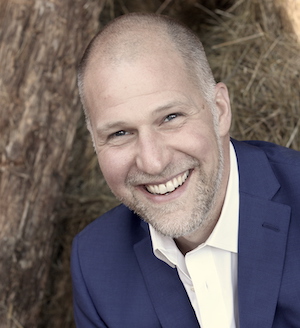
Michael Shank (PhD ’13)
Member of the Advisory Board;
Communications Director, Carbon Neutral Cities Alliance;
Adjunct Faculty, Center for Global Affairs, New York University
It’s all about thought leadership. The Carters are constantly creating new content—for consideration, application and intervention—in emerging crises around the world. That’s the Carter tradition. The new name signals that our school carries on this tradition, thought leading—for policymakers, the press, and even the public—on global conflicts and how they can and should be transformed. That’s the new mission and message.
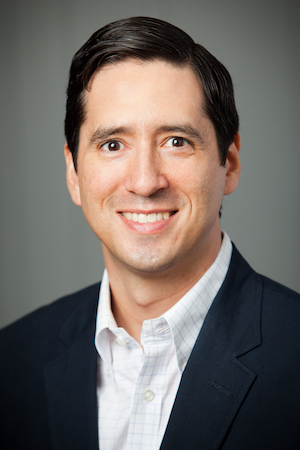
Thomas Flores
Associate Professor and Director of Graduate Programs
Jimmy and Rosalynn Carter’s core values perfectly align with our school. They have emphasized the peaceful resolution of conflict throughout their lives. Those are our values, as well.
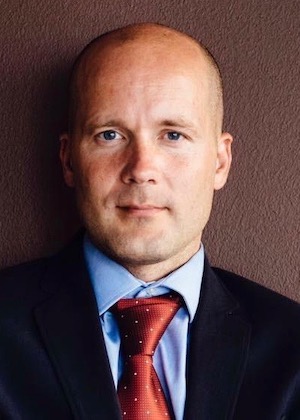
Antti Pentikaïnen
Research Professor;
Director, Mary Hoch Center for Reconciliation
I think a lot of us in this field look to [Jimmy Carter] as somebody who, in his position, took some really serious challenges and tried to make a contribution, so it will be beautiful to carry that legacy. Peace is never easy. It always challenges everything we know, and I think with that humility—but also ambition—to make a difference, we’ll try to carry on his legacy.
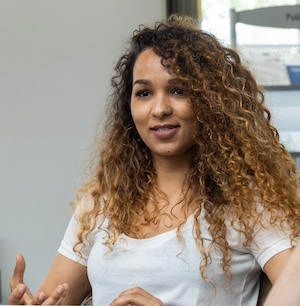
Fatma Jabbari (PhD student)
Graduate Teaching Assistant
As a PhD student, I believe that this is a great opportunity for our school. Jimmy and Rosalynn Carter’s legacy of service around the world has been a catalyst for social change, and that aligns with the Carter School’s overarching mission and vision.
I am excited to be part of a legacy that is tangibly transformational, one that undertakes a theory of change that promotes integrity and emphasizes the importance of individual citizens as the locus of change by presenting opportunities for change.
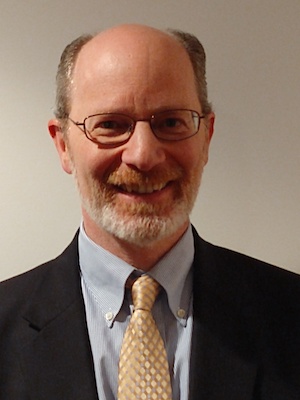
Robert Harris (MS ’96, PhD ’03)
Chair of the Advisory Board
The renaming of the School for Conflict Analysis and Resolution to the Jimmy and Rosalynn Carter School for Peace and Conflict Resolution is both a natural progression as well as a watershed moment for the larger field of conflict resolution and peace studies.
It is a natural progression in the specific history of the Center, then Institute, then School, and now Carter School. The precursors to the now Carter School have not only played a seminal role in developing the larger field, but have stayed true to its initial origins to promote peace and social justice while equally seeking to study and resolve conflict before it becomes violent.
The Carter legacy is known worldwide. Both Jimmy and Rosalynn Carter have been peacemakers, whether at the global level or community level. Their legacy will help further place George Mason University on the global map as the preeminent academic, research, and practice institution for peace studies and conflict resolution.
Alpaslan Özerdem
Dean of the Jimmy and Rosalynn Carter School for Peace and Conflict Resolution
The legacy of Jimmy and Rosalynn Carter in peace and conflict resolution is amazing, because what they have done is to really come up with significant interfaces of peace, security, and development.

